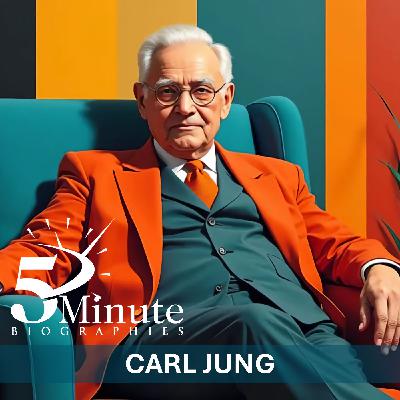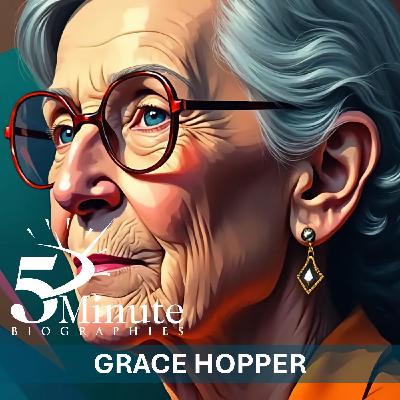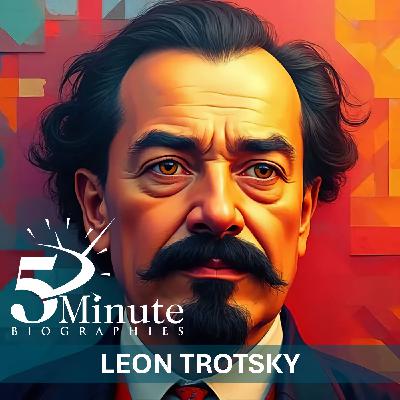Margaret Thatcher
Update: 2024-12-09
Description
In episode 6 of season 18 of the 5 Minute Biographies podcast, we explore the life and legacy of Margaret Thatcher, Britain’s first female Prime Minister. Known as the "Iron Lady" for her uncompromising leadership style, Thatcher led the country from 1979 to 1990, reshaping British politics and the economy through her conservative policies. Discover how her tenure sparked both admiration and controversy, leaving an enduring impact on Britain and establishing her as one of the most influential political figures of the 20th century.
Please consider supporting the show by subscribing. If you would like to support me more directly by, say, buying me a coffee, please head on over to http://www.5minutebiographies.com/coffee to see how.
Alternatively, why not take a look at the video version of the podcast on YouTube at 5minutebiographies.com/youtube or read the article on the website at https://www.5minutebiographies.com/margaret-thatcher/.
Check out our other 5 Minute podcasts:
5 Minute History
5 Minute Disasters
5 Minute Murder
5 Minute Mysteries
5 Minute Warfare
Please consider supporting the show by subscribing. If you would like to support me more directly by, say, buying me a coffee, please head on over to http://www.5minutebiographies.com/coffee to see how.
Alternatively, why not take a look at the video version of the podcast on YouTube at 5minutebiographies.com/youtube or read the article on the website at https://www.5minutebiographies.com/margaret-thatcher/.
Check out our other 5 Minute podcasts:
5 Minute History
5 Minute Disasters
5 Minute Murder
5 Minute Mysteries
5 Minute Warfare
Comments
In Channel

























